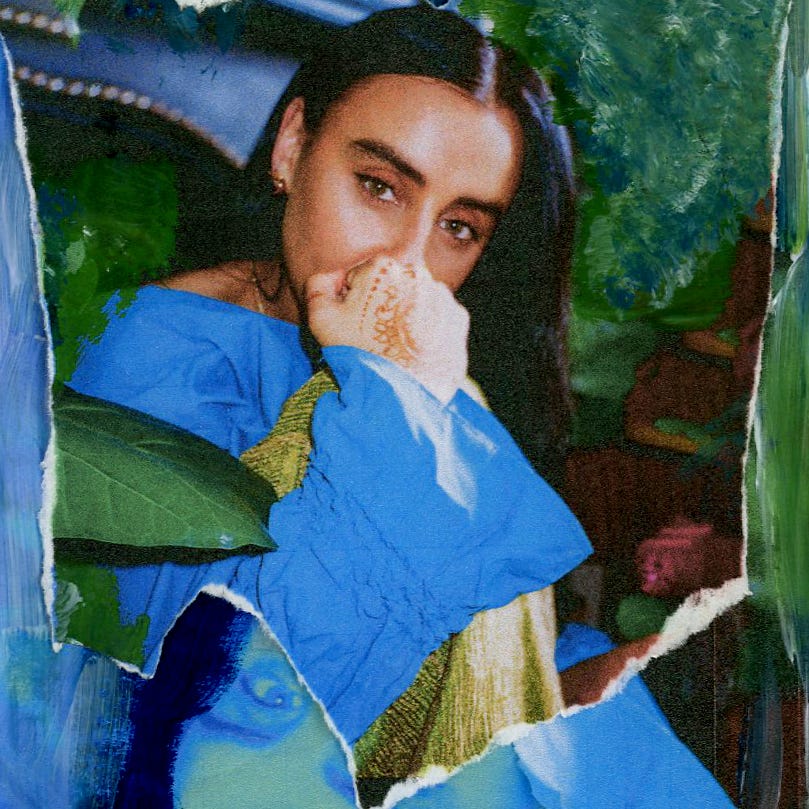Maimuna Memon: “Cultural heritage and skin colour are just part of who you are”
The actor on Lancashire, Muslim representation and mixedness as purgatory
Hi, welcome back to Mixed Messages! This week I’m speaking to actor Maimuna Memon, who is of mixed Irish and Pakistani heritage. Maimuna’s multi-award-winning show Manic Street Creature is on at Southwark Playhouse from October 19th, where she explores mental health, love, connection and music. It’s a typically personal piece from Maimuna, who brings he…


